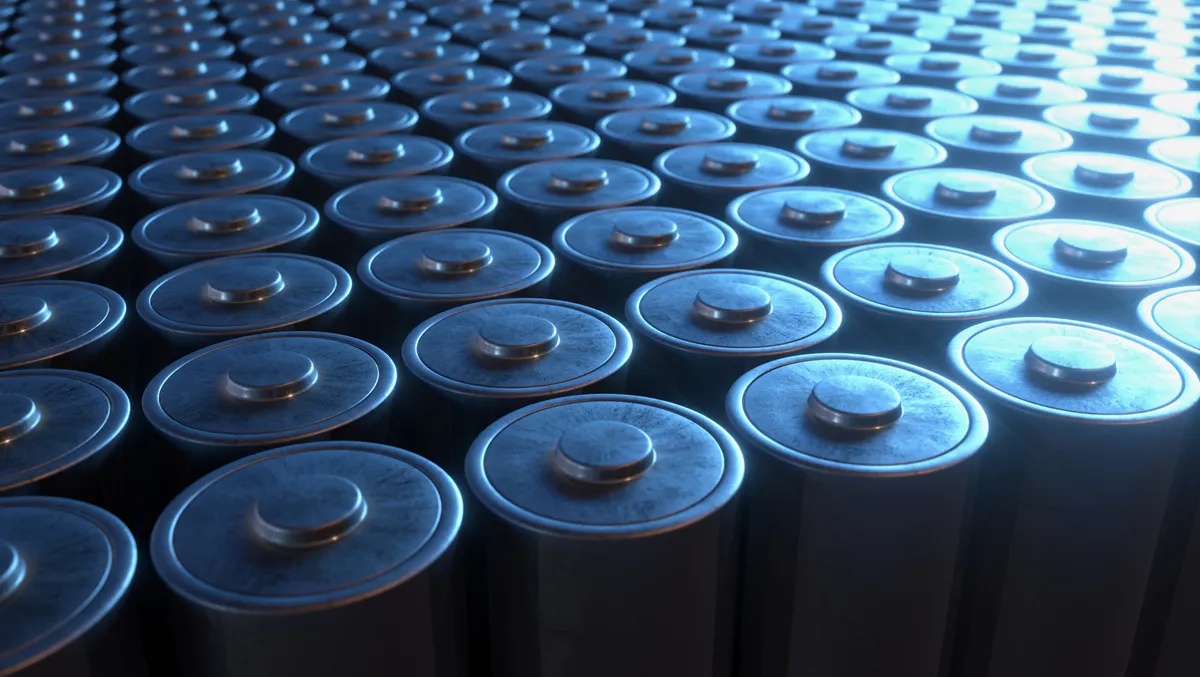
How the transition to lithium-ion batteries for UPS applications will impact sustainability
Article by Schneider Electric Segments - Secure Power vice president Joe Craparotta.
The industry is increasingly transitioning from VRLA batteries, which have been used in data centres for decades, to lithium-ion battery technology for UPS applications. The benefits of lithium-ion batteries are clear: smaller size, lighter weight, and longer life. Not so obvious is the impact these batteries have on sustainability compared to VRLA.
At Schneider Electric, when we discuss full environmental impact, we take into consideration everything from the mining practices of the raw materials and how the batteries are manufactured to their operation and life expectancy. When you research these areas, lithium-ion technology emerges as the preferred choice for multiple reasons.
Supply Chain
Let's start with supply chain. Raw materials extraction favours lithium-ion because of the smaller mass of materials and the significant decrease in toxicity over VRLA, lowering the environmental impact overall in the material sourcing phase. When we consider replacement batteries over the lifetime, the environmental impact of manufacturing for li-ion systems is less than VRLA systems, which often require two replacements in 10 years (service life of three-to-five years) compared to fewer and possibly zero replacements for lithium-ion (service life of 10+ years). The lighter weight of li-ion over VRLA in distribution and transport also reduces the environmental impact. For example, a 1MW UPS battery with 6 minutes of runtime may have a battery weighing over 11,340 kg (25,000 lbs), vs. a li-ion battery weighing only 2,767 kg (6,100 lbs) - a 300% reduction.
Operations
The lighter weight and need for fewer or zero li-ion battery replacements also come into play in operations, resulting in a decreased environmental impact during installation/handling compared to VRLA. As for energy consumption and carbon emissions, about half the energy is needed to keep li-ion batteries charged compared to VRLA, resulting in a significant decrease in CO2e emissions during the lifetime operation of the batteries.
End of Life
After operations comes end of life, and at Schneider Electric, we recognise the recycling infrastructure for li-ion batteries is not fully mature like it is for VRLA. The environmental issues associated with li-ion are less known and different from VRLA in this phase. We believe that maturity will come over time, and li-ion batteries will have safe, cost-effective, and sustainable end-of-life recycling options. The electric vehicle market, which represents the greatest percentage of li-ion batteries, is paving the way for second-use applications. As part of Schneider Electric's li-ion battery offer, we are committed to providing end-of-life capability.

